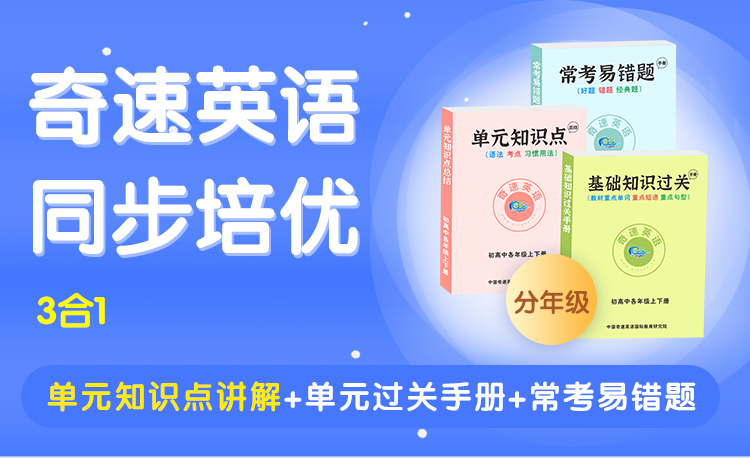
Have you ever finished a great book — like Outlive by Peter Attia or Atomic Habits by James Clear — only to draw a blank when talking about it with others? It’s frustrating, especially after spending weeks reading. You might blame your bad memory, but the real issue lies in your reading habits, not your brain. Here are four simple strategies that work:
Start with sharpening your focus while reading — this is the bedrock of retaining what you learn. Memory legend Nelson Dellis — who once memorized 339 digits in 5 minutes — says focus is the foundation of good memory. To avoid distractions, put your phone away, close your laptop, and listen to music without lyrics. Also, keep asking: “How can I use this in my life?” This helps you spot useful, memorable content.
Another powerful trick is to visualize what you’re reading — treat the book like a movie playing out in your mind. Our brains remember images better than abstract words. You don’t need to picture every detail — just the main ideas. For example, if you read about time management, imagine yourself following the tips and finishing tasks easily. This makes the content stick longer.
Don’t overlook the power of handwriting interesting ideas instead of typing them. Beethoven kept sketchbooks to remember his music, and studies show handwriting helps us retain information better than typing. When you write, you pick out key points instead of copying every word, which deepens your understanding. Even if you never re-read the notes, writing alone boosts memory.
Finally, make reading an active conversation with the book — not a passive activity where you just “get through” pages. Reading isn’t passive — underline important lines, use stars for impactful ideas, or write questions in the margins. After finishing, stick notes on key pages. Some fear ruining books, but the ideas inside are more valuable than the book itself. This way, you can refresh your memory anytime by flipping through the pages.
With these strategies, reading becomes a true investment in your knowledge, not just entertainment. You’ll no longer waste time forgetting what you’ve read!
原创编写 版权所有 侵权必究! 每日更新 个性化阅读 英语飙升!




 更多优质学习内容
更多优质学习内容



